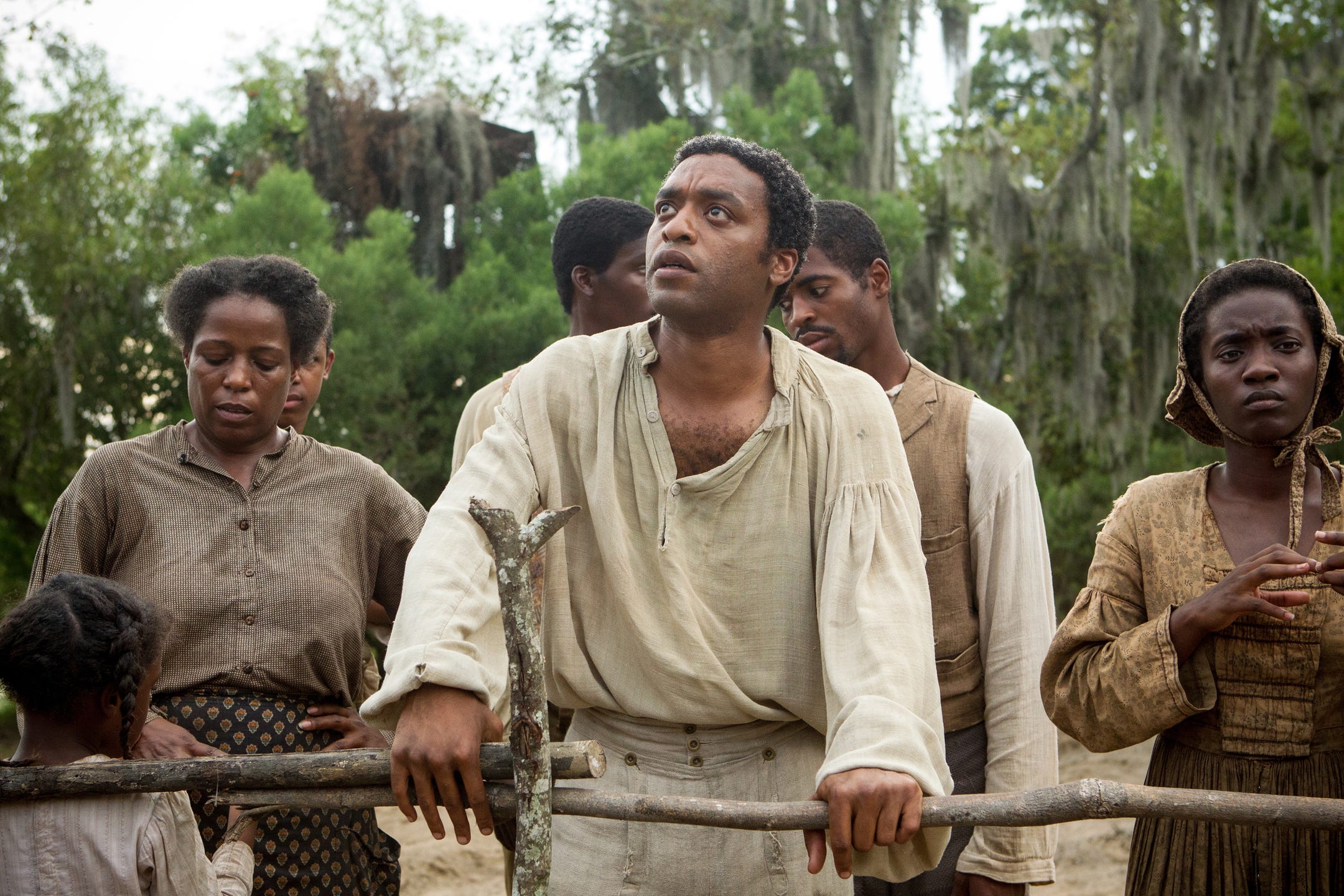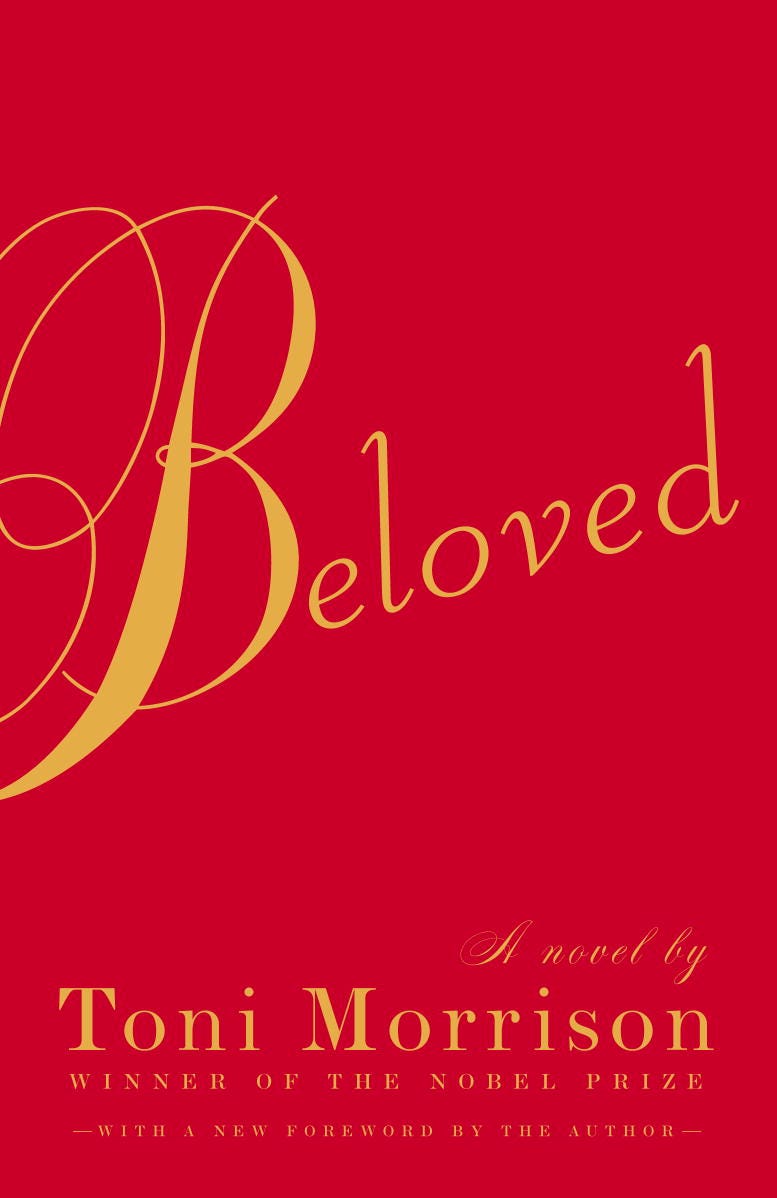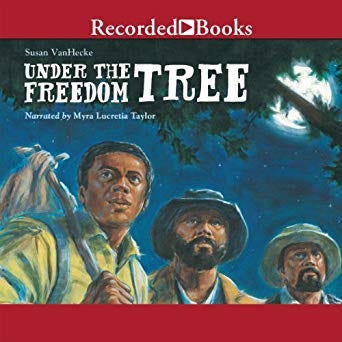
Slavery defined our nation's past and still affects its present.
Many Americans don't realize that, experts say. We want to help you learn the real truth about slavery.
So we asked African-American history experts and education professors for their recommendations for how Americans like you can learn more about slavery.
From television series to novels, from historic sites to autobiographies, here are the best ways historians say you can educate yourself. And there's material for all ages here, in case you're a teacher, a parent or a grandparent looking to teach children about the harsh realities of slavery, age appropriately.
On the screen
Television series:
- AMC’s "TURN: Washington’s Spies" (2014-2017)
- WGN’s "Underground" (2016-2017)
Films:
- "12 Years A Slave" (2013)
- "Birth of A Nation" (2016)
Documentaries:
- "Africans in America" (1998-1999)
- "Unchained Memories" (2003)
In person
Historic sites:
- Smithsonian's National Museum of African American History and Culture, Washington, D.C.
- The Whitney Plantation, Edgard, Louisiana
- The Equal Justice Initiative Memorial and Museum, Montgomery, Alabama
- James Madison’s Montpelier, Montpelier Station, Virginia
- National Civil Rights Museum, Memphis, Tennessee
- The Underground Railroad Freedom Center, Cincinnati, Ohio
Learn more: Some historical sites try to show the horrors. Others are far behind.

On the page

Novels and books:
- "The Underground Railroad" by Colson Whitehead (2016)
- "The Invention of Wings" by Sue Monk Kidd (2014)
- "Beloved" by Toni Morrison (1987)
- "Kindred" by Octavia Butler (1979)
Autobiographies:
- "Incidents in the Life of a Slave Girl" by Harriet Jacobs (1861)
- "Narrative of the Life of Frederick Douglass, an American Slave" by Frederick Douglass (1845)
- "Twelve Years a Slave" by Solomon Northrup (1853)
1619 resources:
Our reporting team exhaustively researched the 1619 landing of the first Africans in colonial America. Here are the key books they used:
- "Central Africans, Atlantic Creoles, and the Foundation of the Americas, 1585–1660" by Linda Heywood and John K. Thornton (2007)
- "Njinga of Angola: Africa’s Warrior Queen" by Linda Heywood (2017)
- "1619: Jamestown and the Forging of American Democracy" by James Horn (2018)
- "Virginia 1619: Slavery and Freedom in the Making of English America" edited by Paul Musselwhite, Peter C. Mancall and James Horn (2019)
- "Slavery and the Law" edited by Paul Finkelman (1997)
For children
Teaching children about slavery is hard but necessary work, experts say.
It's vital to teach black children about the positive aspects of blackness before they learn about slavery, said Hasan Jeffries, a history professor at Ohio State University, or else kids may want to disown their heritage. He encourages parents and teachers to use simple conversation with kids to talk about why they're proud of being black.
That said, it's important to teach children about slavery "before they can be miseducated and traumatized," said Jody Lynn Allen, a historian at The College of William & Mary. One of Allen's godsons learned about slavery in fourth grade and did not want to go back to class.
Some schools do a terrible job: Runaway-slave games. Sanitized textbooks. Slavery as taught in our schools
"I talked to him, helping him to understand that there is no shame in being the offspring of enslaved people. Indeed, they were strong, resilient and rebellious," Allen said. "To paraphrase Jawanza Kunjufu, I told him that we are 'the offspring of the ancestors who would not die.' He went back to school. He is now a college graduate, and he is fierce."
For educators, University of Alabama historian Joshua Rothman has one major tip: Don't do reenactments or turn slavery into a game.
"There is almost no way to do these sorts of activities in ways that are sensitive both to the past and to the experiences of the students in a classroom," Rothman said.
Books for middle school children:
- "To Be a Slave" by Julius Lester and Tom Feelings (2000)
- "Frederick Douglass: The Lion Who Wrote History" by Walter Dean Myers and Floyd Cooper (2017)
- "Heart and Soul: The Story of America and African Americans" by Kadir Nelson (2013)
Books for younger children:

- "Henry’s Freedom Box: A True Story from the Underground Railroad" by Ellen Levine and Kadir Nelson (2007)
- "Moses: When Harriet Tubman Led Her People to Freedom" by Carole Boston Weatherford and Kadir Nelson (2006)
- "Freedom in Congo Square" by Carole Boston Weatherford and R. Gregory Christie (2006)
- "Under the Freedom Tree" by Susan VanHecke and London Ladd (2014)
- "Chains" by Laurie Halse Anderson (2008)
How to teach young children:
- Teaching for Change article “When and How to Talk to Young Children About Enslavement”
- Teaching Hard History project for grades K-5
Reporting for this article came from interviews with Ohio State history professor Hasan Jeffries, Vanderbilt University history professor Alexis Wells-Oghoghomeh, University of Pennsylvania education professor Ebony Elizabeth Thomas, University of Alabama history professor Joshua Rothman, University of Georgia history professor Diane Batts Morrow and The College of William & Mary history professor Jody Lynn Allen.
Nichelle Smith contributed to this report.
More in this series
- I was writing about colonial America's first enslaved Africans. I was stunned to find my ancestors
- Captured, enslaved, survived: Meet Angela, the first named African woman in Jamestown
- Some American historical sites try to show the horrors of slavery. Others are far behind.
- Tips to trace your family history beyond DNA tests
- How well do you know America's history with slavery? Take our quiz